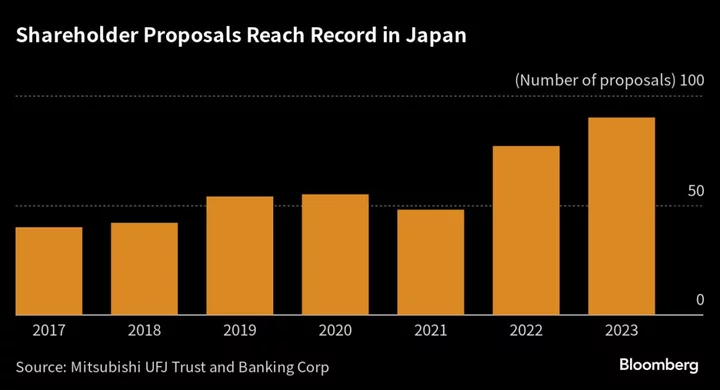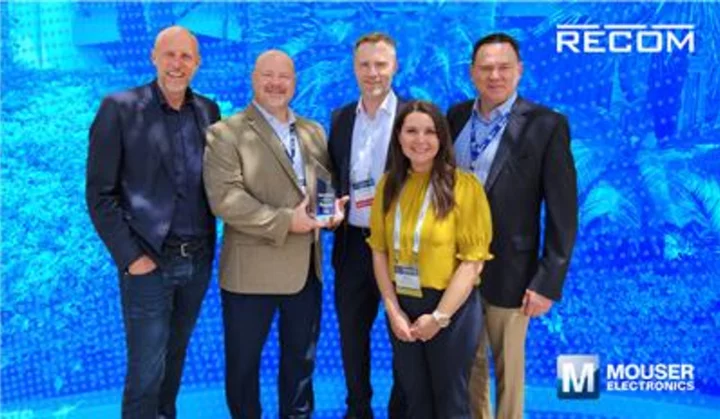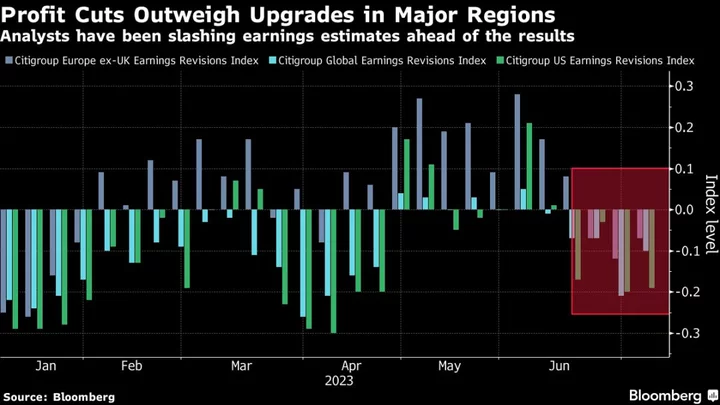Japanese businesses facing greater scrutiny from shareholders and regulators are competing for investor-relations talent, turning to investment funds, banks and other financial firms to find people who can better communicate corporate strategy and capital allocation.
“The percentage of employees of Japanese companies that have had direct communication with shareholders is minuscule,” said George Olcott, an outside director at Kirin Holdings Co. who has served on the boards of Denso Corp., Dai-Ichi Life Holdings Inc. and other companies during the past decade.
Corporate Japan is facing a record number of proposals this year, as the country’s annual shareholders’ season wraps up this week. Investors have tabled proposals ranging from more share buybacks and higher dividends, to greater disclosure of business activities and, in some cases, calling for the removal of directors and executives.
In recent years, Japanese enterprises have drawn people from JPMorgan Chase & Co., Deutsche Bank AG and UBS Group AG to work in IR functions.
Businesses are putting more emphasis on building relationships of trust with investors — citing that as the top goal of IR in a survey earlier this year. That compares with when it was the No. 3 goal a decade ago, according to the Japan Investor Relations Association.
Olcott, a former investment banker, said his engagement with investors has also significantly increased in recent years as an independent director for Japanese companies.
Investors are reaching out more, and companies are arranging for him to meet with shareholders to communicate corporate governance changes. IR strategy is now also a part of the agenda and discussed actively at board meetings, he added.
The hunt for talent is keeping recruiters busy, including Razin Ashraf, head of Tokyo-based Divine Solutions Japan. In recent years, companies such as Orix Corp., Hitachi Ltd. and Takeda Pharmaceutical Co. have all hired from the financial sphere, bringing in mid- to senior-level employees with private equity or sell-side experience.
“We’ve seen more people moving into corporate investor relations from roles in finance,” Ashraf said. More corporations want “to bring in finance people who can have good relations with the investors.”
Understanding of the function and importance of investor relations, even at a time of heightened scrutiny from global investors, is still lacking at many Japanese businesses, according to Yoshiko Iwata, chairperson at J-Eurus IR Co., a consultancy that focuses on IR strategy.
“This is laughable — but some executives don’t even know the difference between actively managed funds and activist investors,” she said. New client inquiries at her company have increased about 20% this year, she added.
“The companies that are coming to us are very serious and very worried about this,” Iwata said. “But there’s still a lot of companies that hate the capital markets, the stock market and overseas investors.”
One reason why investor relations has historically been a weak point: Japanese companies often move employees between departments every few years, so they lack specialized training in certain professional roles.
The Tokyo Stock Exchange has also urged companies that trade below book value to boost valuations or turn in capital improvement plans, which has been an incentive for companies to work harder on improving value.
Yoshiyuki Odai, chief financial officer of Sumitomo Realty & Development Co., said that inquiries from investors are up 60% to 70% compared with last year. The importance of the IR function was always understood at the company — but the approach and style will need to change.
With more foreign investors, “we might think it’s obvious, but we need to properly write it out and communicate it,” he said.
--With assistance from Yasutaka Tamura.









